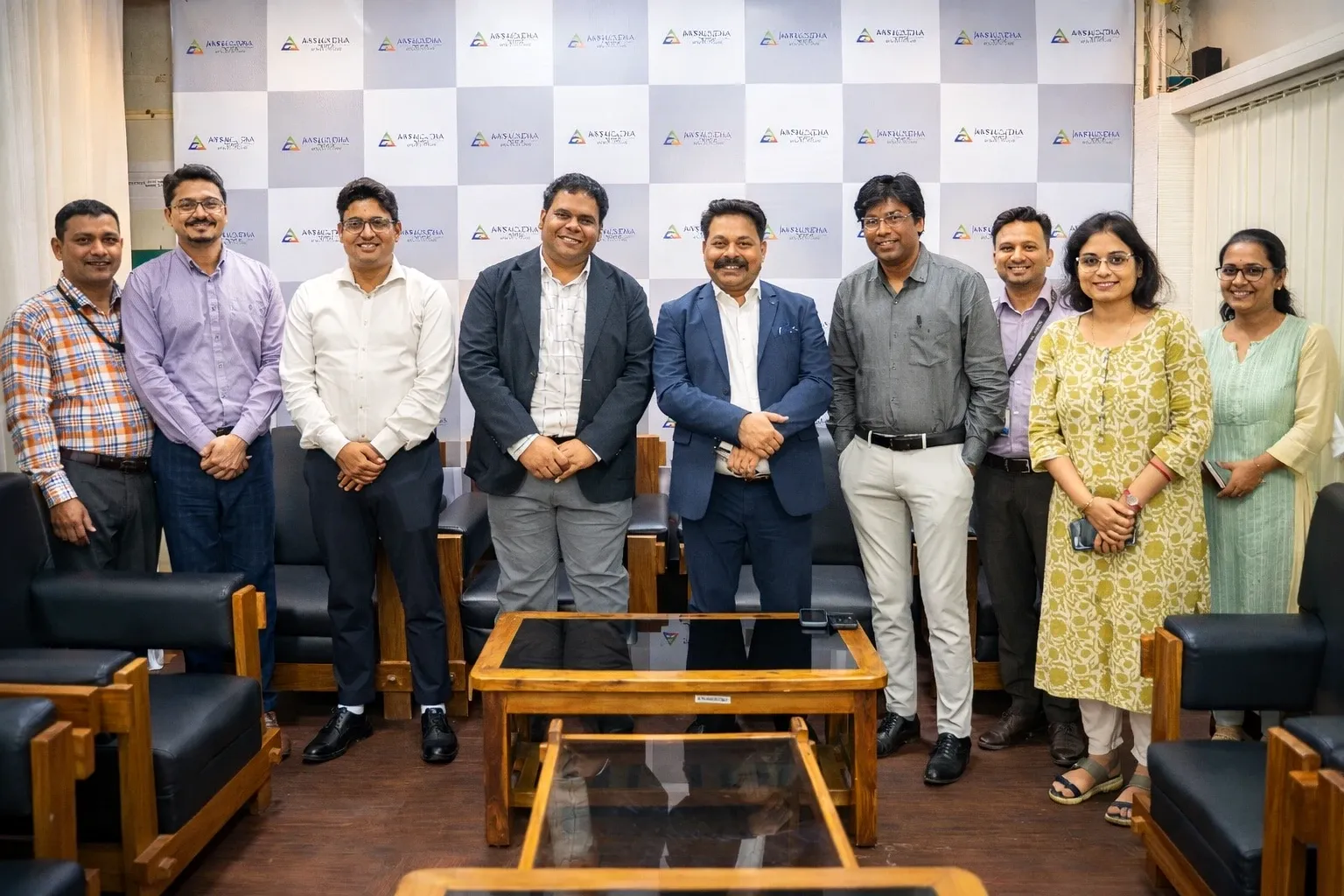Innovation and Collaboration: Tips from Alexandre Fernandes on Navigating the Tech Talent Crisis

India’s tech industry is on the brink of a crisis. The demand for skilled software engineers is skyrocketing, but the supply is alarmingly low. According to the NASSCOM, the industry is expected to need over 6 million tech workers by 2034, but with the current trends, we are staring down the barrel of a massive talent gap. This shortfall isn't just a minor inconvenience—it's a ticking time bomb that threatens innovation and economic growth. This gap is further widened by the fact that many educational programs aren't fully aligned with the industry's needs, leaving graduates underprepared for real-world challenges. However, hope remains, thanks to top professionals like Alexandre Fernandes, who set the standard for excellence in the field.
Alexandre Fernandes is a seasoned software engineer with over 14 years of industry experience and a distinguished Globee Awards judge in Technology. He holds a Master's in Computer Applications from Mangalore University and has left his mark on some of the world's leading tech firms, including Hewlett Packard, JPMorgan Chase, Manhattan Associates, and Publicis Sapient. In a recent conversation, Alexandre shared invaluable insights on how the industry can navigate the current talent shortage, making this article a beacon of hope for tech leaders, HR professionals, and anyone concerned with the future of the tech workforce.
Invest in Upskilling
In today’s tech industry, the traditional method of "buying" talent through external hiring is becoming increasingly unsustainable. With the demand for skilled software engineers far outstripping supply, organizations find attracting the right talent more challenging.
“The solution to the shortage isn't just about hiring more people but about nurturing and developing the talent that already exists within organizations. Investing in your team’s growth isn’t just an option; it's a necessity. The pace of technological change is relentless, and without a commitment to learning, even the best engineers can quickly find themselves outpaced," says Alexandre.
Alexandre has personally addressed these challenges throughout his career. While working with a major financial services company in the USA, he observed that the existing team was overwhelmed with the dual responsibilities of ongoing feature development and resolving user issues. He recognized this inefficiency and proposed and established a dedicated tech support team focused solely on user issues. This slashed the issue resolution time by over 70% and allowed the development team to concentrate on innovation, thereby keeping the company competitive.
"Success in this industry isn't just about having the right skills—it's about knowing how to apply them effectively," Alexandre notes. By nurturing a culture of continuous improvement and adaptability, Alexandre has shown that it is possible to meet and exceed the demands of the rapidly changing tech landscape.
Foster Collaboration
Many companies in the tech industry struggle to align their technical solutions with broader business objectives. This misalignment often leads to wasted resources, inefficient processes, and, ultimately, a failure to capitalize on the full potential of technological innovations. The root of this problem often lies in a lack of effective cross-functional collaboration, where engineers, business analysts, and other stakeholders fail to work together cohesively from the start.
Alexandre Fernandes has consistently demonstrated the importance of fostering collaboration to bridge this gap. At Publicis Sapient, Alexandre professionally integrated multiple financial institutions, including Goldman Sachs and Cetera Financial Group, into a client’s system. This task required technical precision and a deep understanding of each institution’s strategic goals. Recognizing the complexity of the project, Alexandre brought together a diverse team, including engineers, business analysts, product owners, and representatives from the financial institutions involved.
By facilitating open communication and collaborative workshops, Alexandre ensured all stakeholders understood the technical challenges and the business objectives. This approach allowed the team to design an efficient integration process strategically aligned with the client's and the institution's broader goals.
"Collaboration is the key to transforming technical solutions into strategic assets," Alexandre explains. "When we work together, we ensure that every piece of code, every system we build, directly contributes to our business objectives."
Embrace Innovation
Some companies neglect the importance of embracing innovation, often sticking with outdated methods and technologies. This can lead to inefficiencies, stagnation, and an inability to compete effectively in a market that rewards adaptability and forward-thinking. The consequences of such negligence can be severe—slower response times, increased operational costs, and missed opportunities for growth.
Alexandre Fernandes understands the critical importance of staying ahead of the curve. Throughout his career, he has consistently adopted and integrated new technologies to drive efficiency and deliver value to his clients, setting a prime example of how innovation should be embraced.
One notable instance of Alexandre’s innovative mindset was during his tenure as a Senior Software Engineer at Manhattan Associates R&D. Tasked with improving the performance of a Warehouse Management System; he identified inefficiencies in the existing parcel processing workflows. Rather than relying on the existing system architecture, Alexandre proposed and executed a restructuring of the API, which resulted in a 30% improvement in parcel processing response time. This optimized the system's performance and ensured that the technology could scale with increasing demands for client operations.
Another significant example comes from his work at JP Morgan Chase & Co., where he was involved in developing a Global Payment System. Alexandre recognized the potential of integrating Apache Kafka and RESTful web services to streamline communication channels within the application. This integration enhanced the system's robustness and improved its scalability, allowing the payment system to handle transactions across different markets more efficiently.
"Innovation is about embracing the tools and technologies that allow us to build systems that are not just good enough for today, but ready for the challenges of tomorrow," Alexandre notes.
At Publicis Sapient, Alexandre continued to push the boundaries of innovation by leading the adoption of microservices architecture in developing RESTful applications. By breaking down monolithic applications into more manageable microservices, Alexandre enabled his team to deliver more flexible, scalable solutions that were easier to maintain and upgrade. This approach sped up development cycles and allowed the team to respond more quickly to changing client needs.
Alexandre Fernandes shares: "The tech industry faces a significant hurdle, but we can overcome it. The key to defeating the talent shortage and staying competitive lies in our ability to adapt, invest in our people, collaborate across disciplines, and embrace the technologies that will shape our future. We cannot afford to stand still. Innovation, continuous learning, and teamwork are not just strategies—they are the lifeblood of our industry. If we commit to these principles, we won’t just survive this crisis; we will thrive beyond it.
Must have tools for startups - Recommended by StartupTalky
- Convert Visitors into Leads- SeizeLead
- Website Builder SquareSpace
- Run your business Smoothly Systeme.io
- Stock Images Shutterstock





